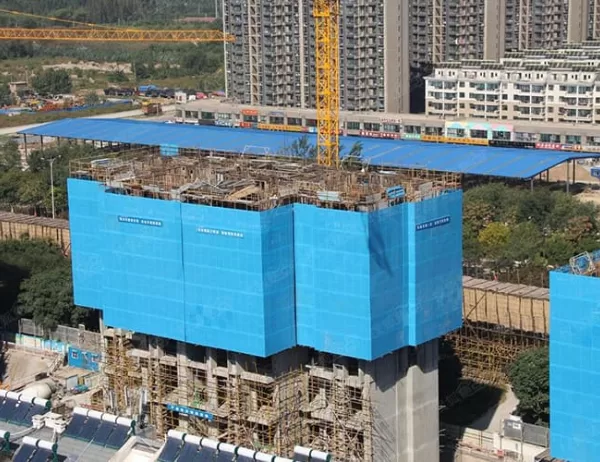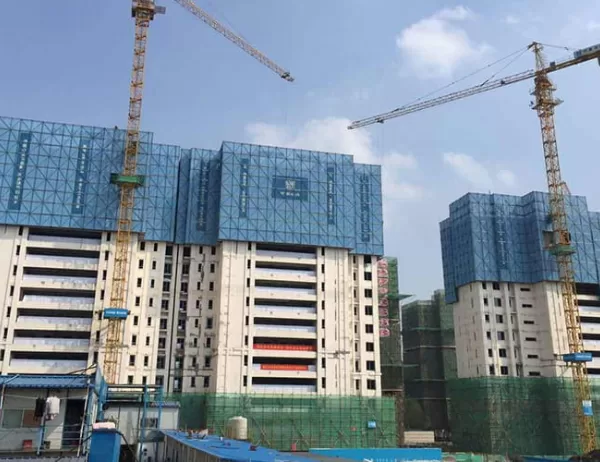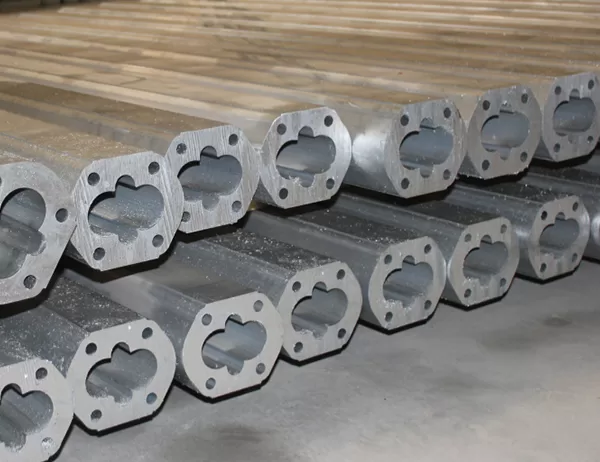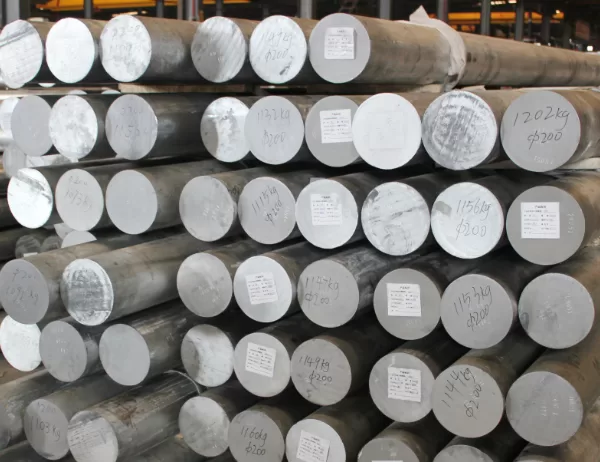In today’s competitive industrial landscape, manufacturers are constantly seeking ways to optimize their production processes and reduce costs without compromising quality. One effective strategy that has gained significant traction is the utilization of industrial aluminum profiles. These versatile extrusions offer a range of advantages that contribute to cost-effectiveness in various manufacturing applications.
Aluminum profiles are considerably lighter than traditional materials such as steel or iron. This reduction in weight translates into lower material costs as less aluminum is required to achieve the same structural integrity. Additionally, aluminum profiles can be recycled, further reducing the long-term cost implications associated with material procurement.
Industrial aluminum profiles are designed to simplify manufacturing processes by eliminating the need for additional fabrication steps. These profiles come pre-formed with specific shapes and dimensions, allowing for direct assembly or integration into larger structures. This streamlined approach reduces labor costs, shortens production times, and minimizes the need for specialized equipment.
Aluminum is renowned for its exceptional resistance to corrosion, rust, and other environmental factors. Industrial aluminum profiles inherit these properties, ensuring long-lasting performance in harsh industrial settings. This durability reduces the need for frequent repairs or replacements, saving on maintenance and downtime costs.
Aluminum is a highly conductive metal that effectively dissipates heat. Industrial aluminum profiles can be utilized in heat exchangers, enclosures, and other applications where heat management is critical. By efficiently dissipating heat, aluminum profiles contribute to reduced energy consumption and improved overall system performance.
Industrial aluminum profiles are available in a wide range of shapes, sizes, and alloys, providing designers with exceptional flexibility in creating custom solutions. This design versatility allows manufacturers to tailor profiles to specific application requirements, resulting in optimized performance and reduced development costs.
Apart from their functional benefits, industrial aluminum profiles also offer aesthetic advantages. Aluminum has a sleek and modern appearance that can enhance the visual appeal of products and equipment. This improved aesthetic value can impact customer perception and drive sales.
The incorporation of industrial aluminum profiles into manufacturing processes offers a comprehensive suite of cost-effective strategies. From reduced material costs and simplified manufacturing to improved product longevity, increased energy efficiency, design flexibility, and enhanced aesthetics, aluminum profiles empower manufacturers to streamline operations, cut costs, and enhance their competitive edge. Embracing these strategies can lead to tangible benefits that drive long-term success in today’s demanding industrial landscape.




